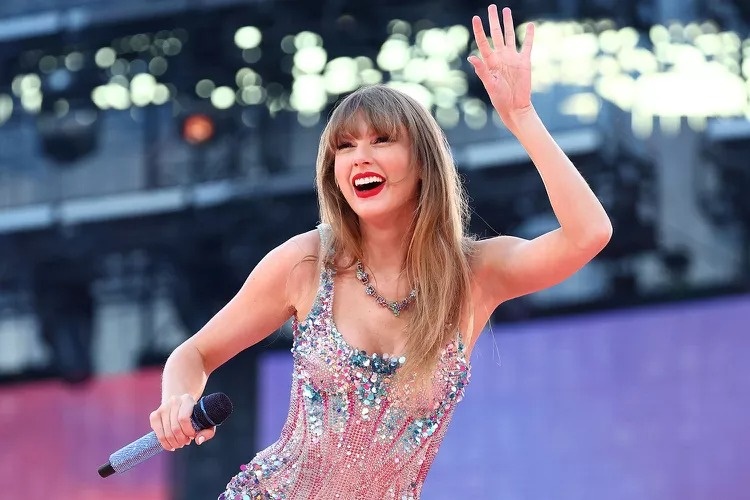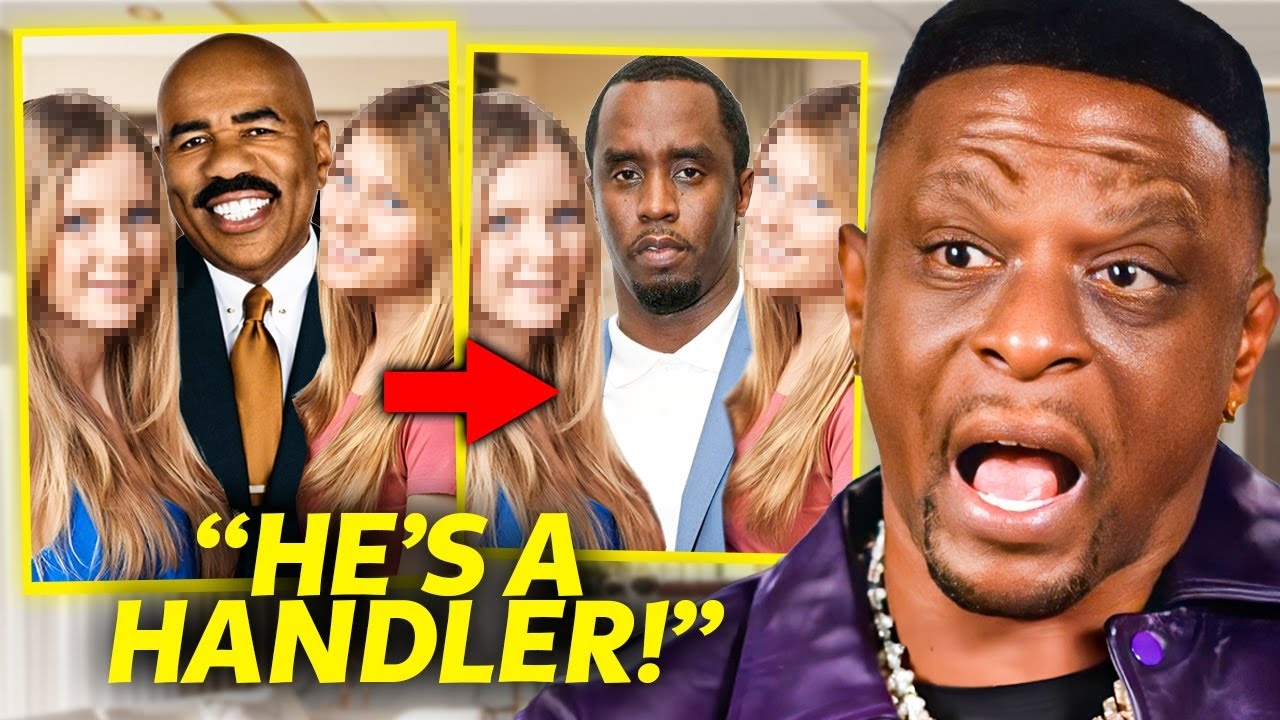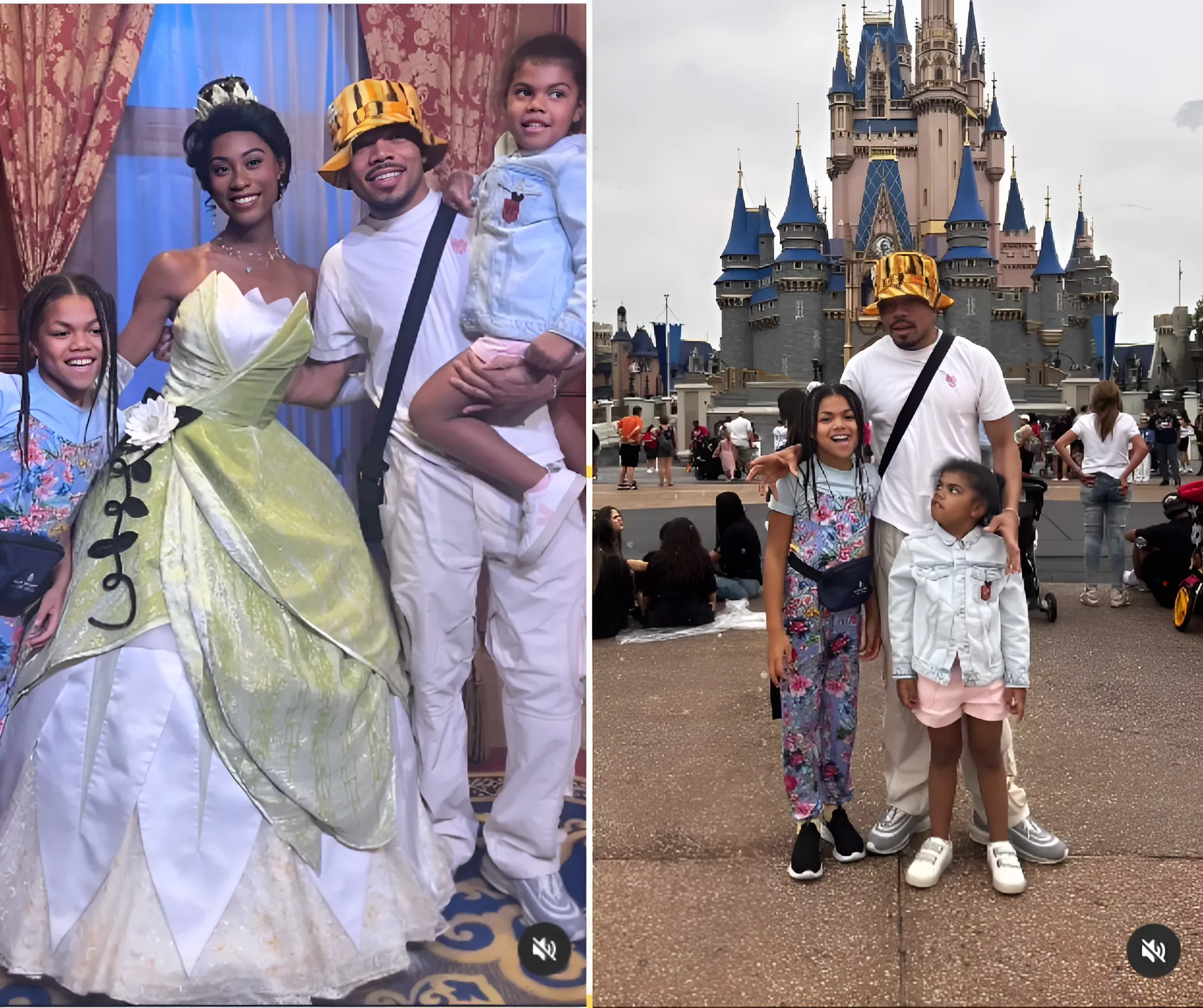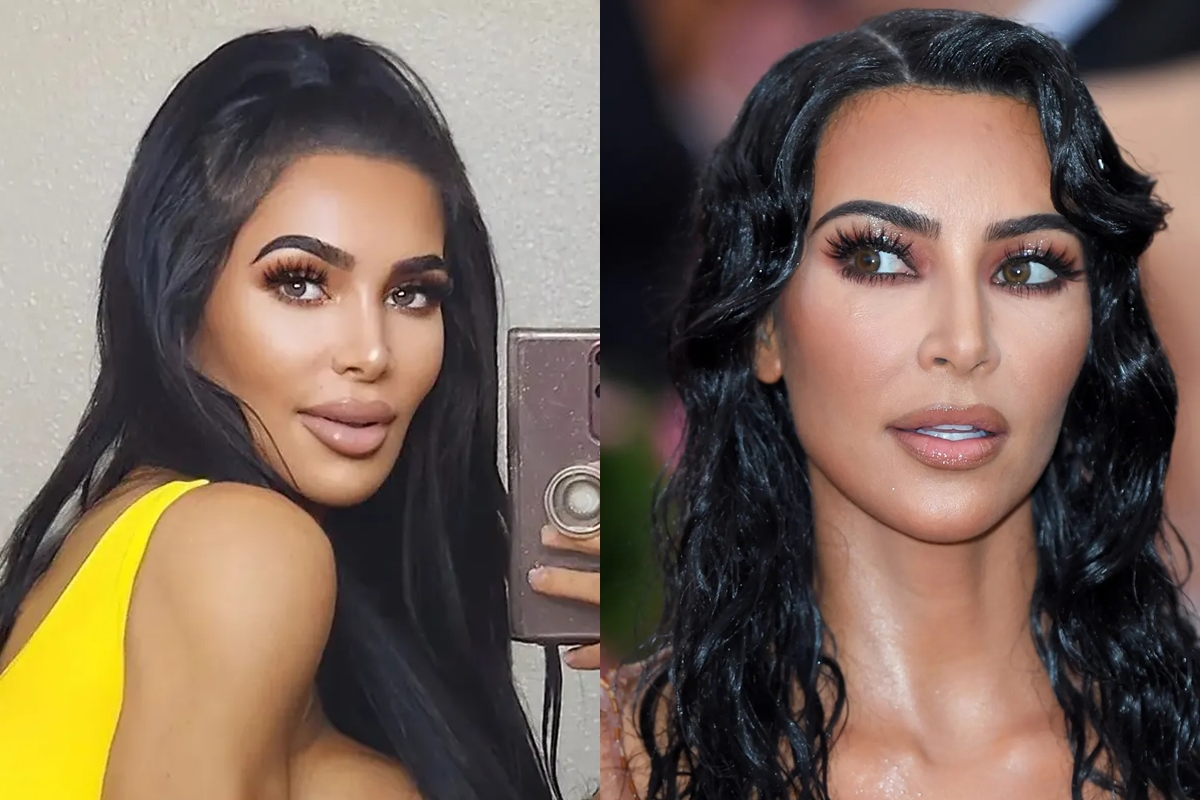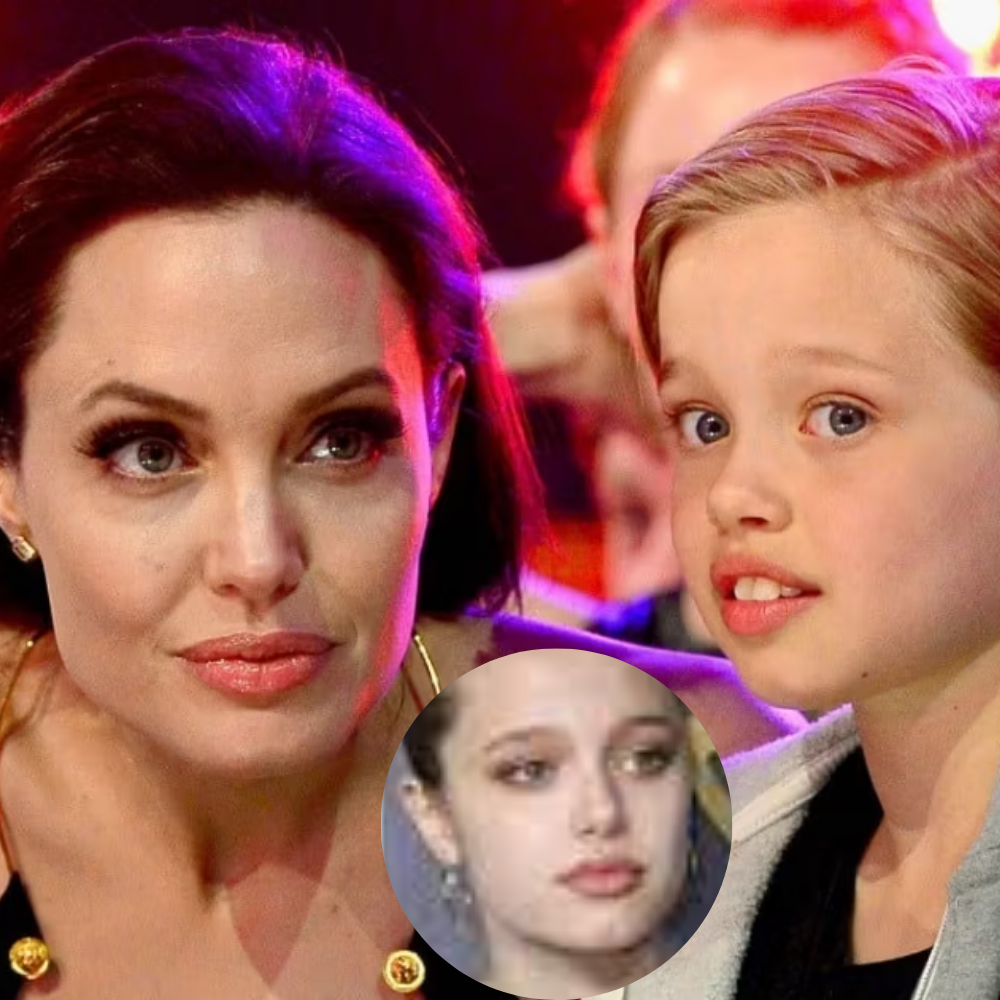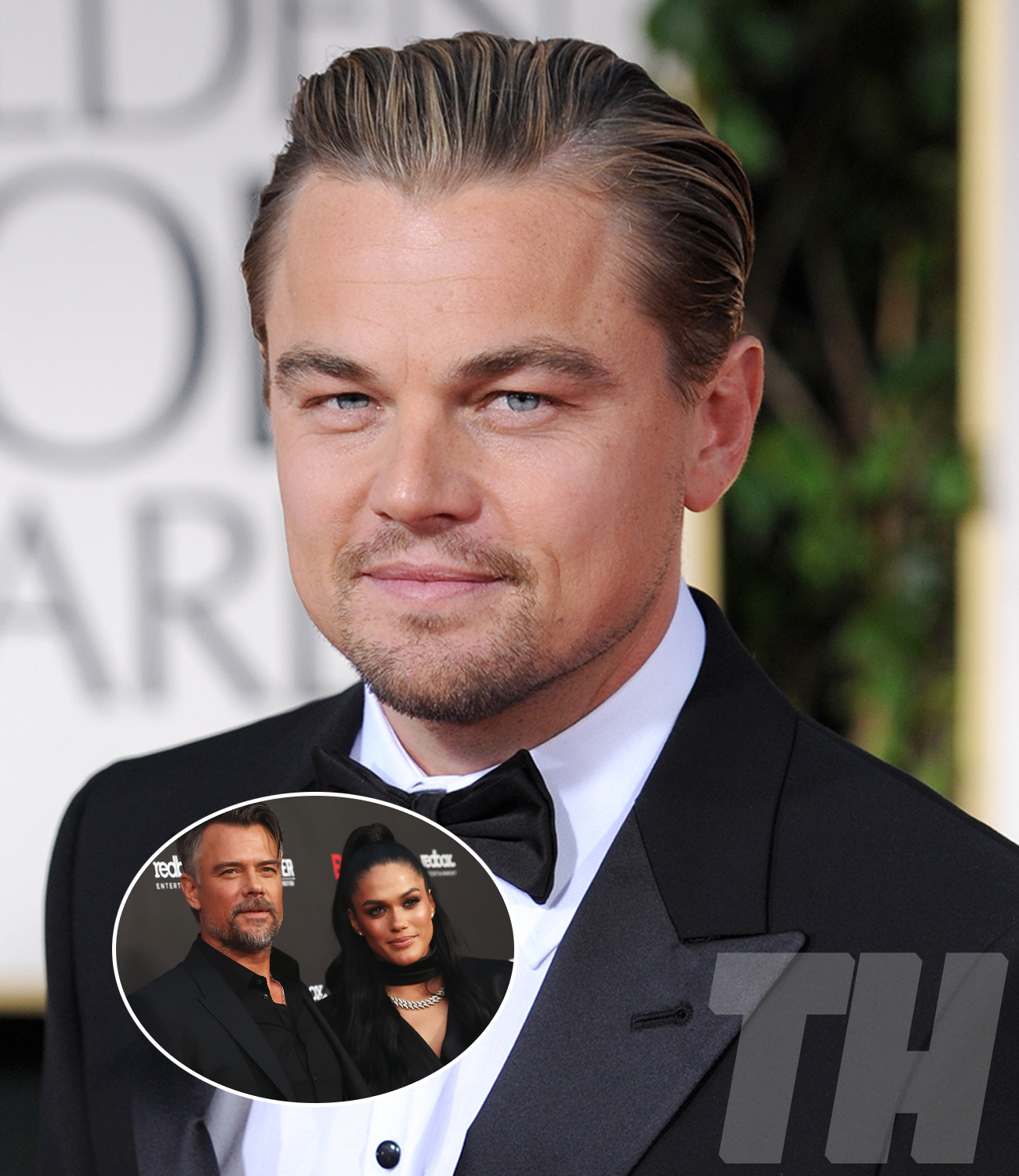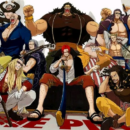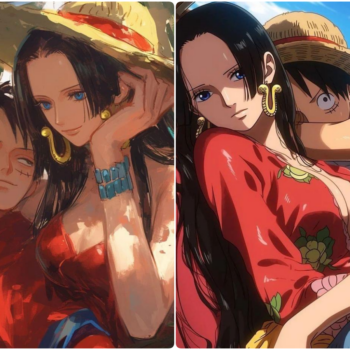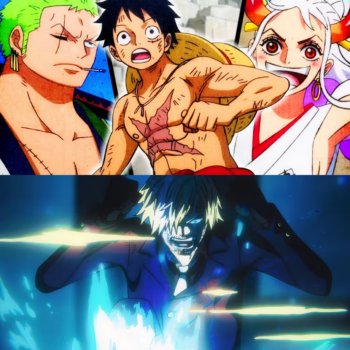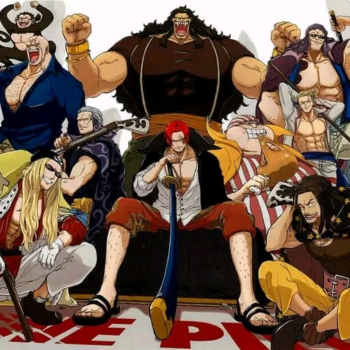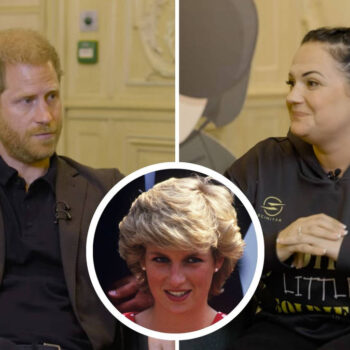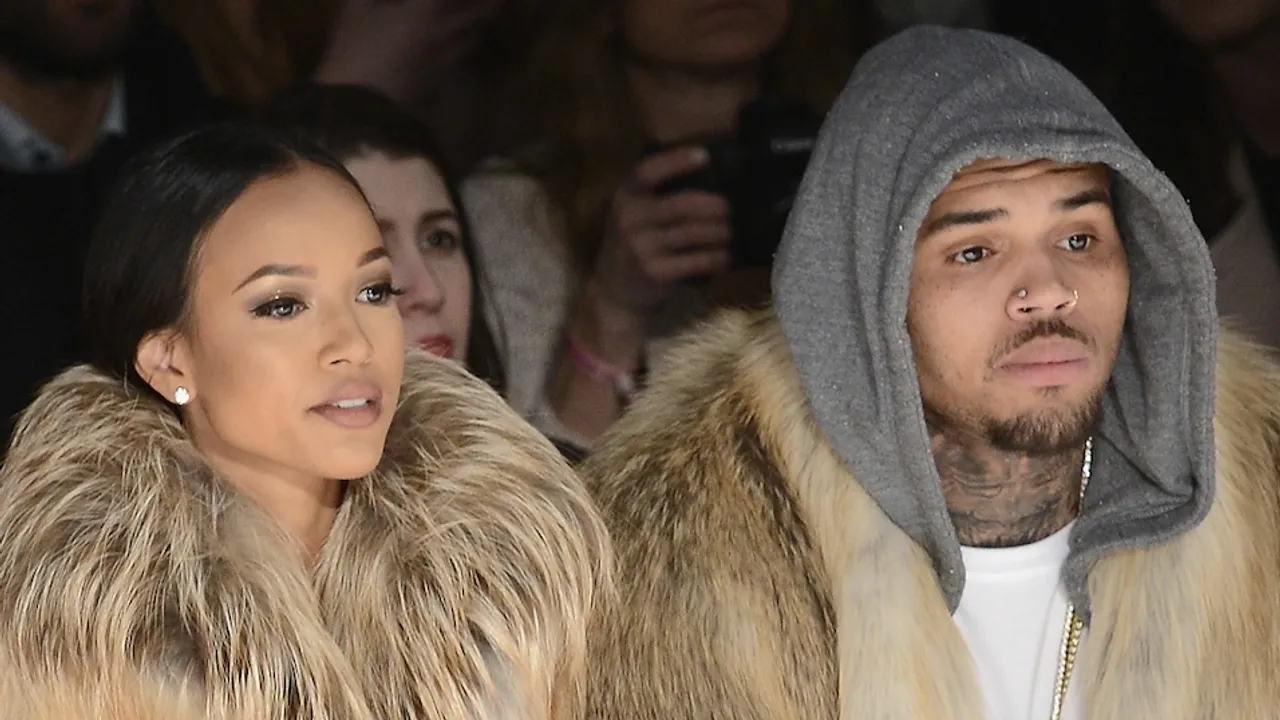
Chris Brown: A Tale of Talent, Turbulence, and the Tug of Public Opinion
Delve into the complex discourse surrounding Chris Brown’s talent and controversies. Explore the evolving conversation on social media, the echoes of past misdeeds, dissecting the defense mechanisms, and the broader societal debate on forgiveness and accountability.
When we talk about talent intertwined with controversy, Chris Brown’s name surfaces with a certain inevitability. The R&B singer, celebrated for his vocal range and electrifying performances, finds himself at the vortex of a discourse that pits his musical prowess against his history of abuse and harassment, particularly involving his former partners Rihanna and Karrueche Tran. This narrative isn’t new, but the conversation has evolved, especially on social media platforms where the past is never really past, and scrutiny is relentless.
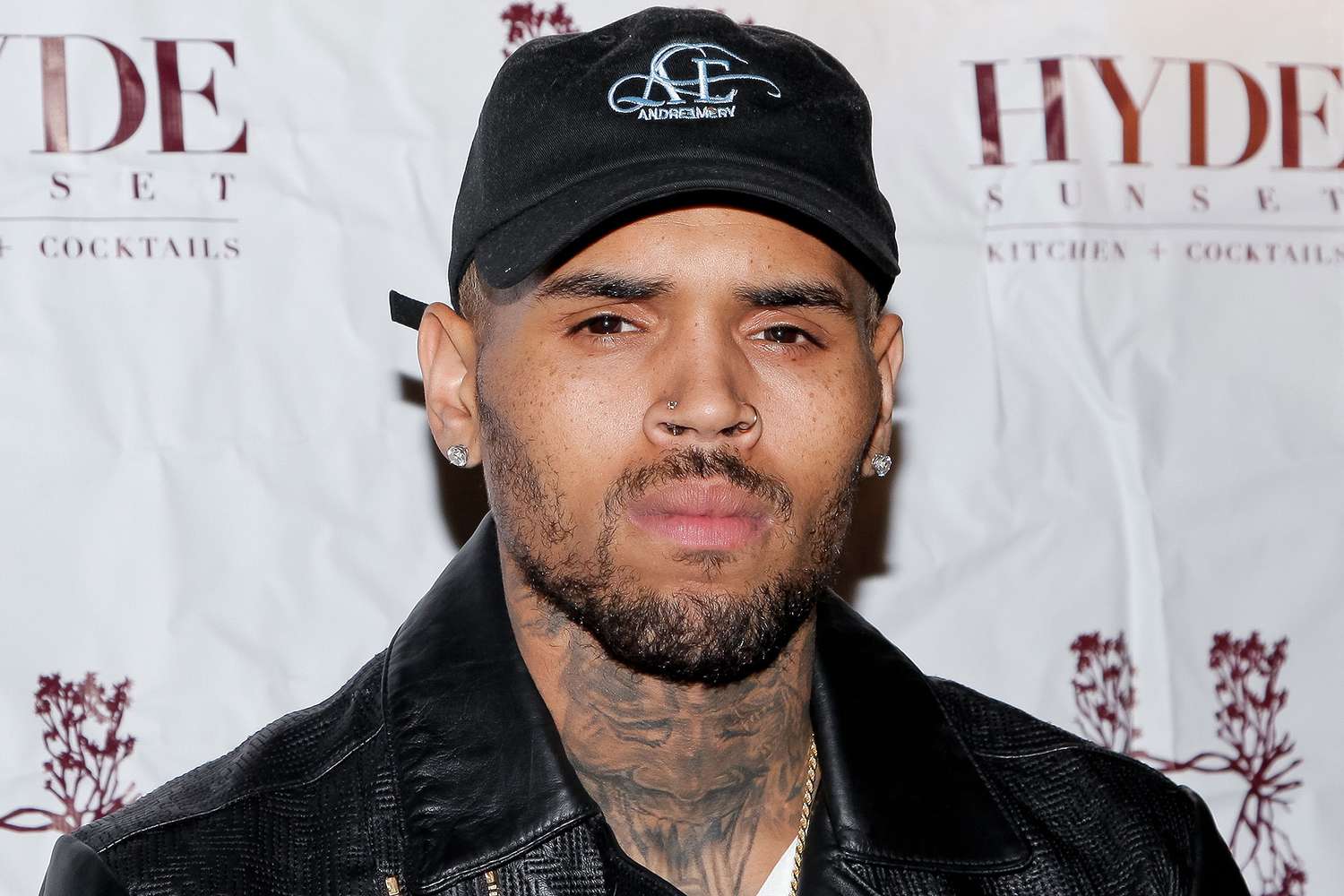
The Echoes of Past Misdeeds
The court’s decision in 2017 to issue a five-year restraining order against Brown, favoring Karrueche Tran after threats of violence and physical assault, underscores a pattern that seems to extend beyond a single relationship. Although Brown has publicly criticized those who condemn his past violence against Rihanna, the broader pattern of mistreatment, including his behavior towards Tran, has not escaped social media’s gaze. Here, discussions aren’t just about an incident but about a continuing behavior that challenges the narrative of redemption and forgiveness often extended to talented individuals.
/bnn/media/media_files/458899963a9ea905ae7c65ad58658e1c9816f20ed88e0214a4f0adc4dc48c1b9.jpg)
Chris Brown: A Tale of Talent, Turbulence, and the Tug of Public Opinion
Yet, there’s an undeniable complexity in how the public digests these revelations. Some fans, despite the backlash, admit to a grudging admiration for Brown’s music, highlighting the dichotomy between the artist and the art. This sentiment echoes the broader debate on whether personal enjoyment of art can be separated from the artist’s problematic history, a question that remains unanswered but intensely debated.
Dissecting the DefenseThe discourse also scrutinizes the defense mechanisms deployed by Brown and his supporters. Highlighting Rihanna’s forgiveness, as some have done, is perceived by critics as a myopic view that glosses over a pattern of behavior affecting multiple individuals. This narrative, they argue, sidesteps the issue of accountability by focusing narrowly on a singular aspect of reconciliation, ignoring the broader implications of repeated abusive behavior.
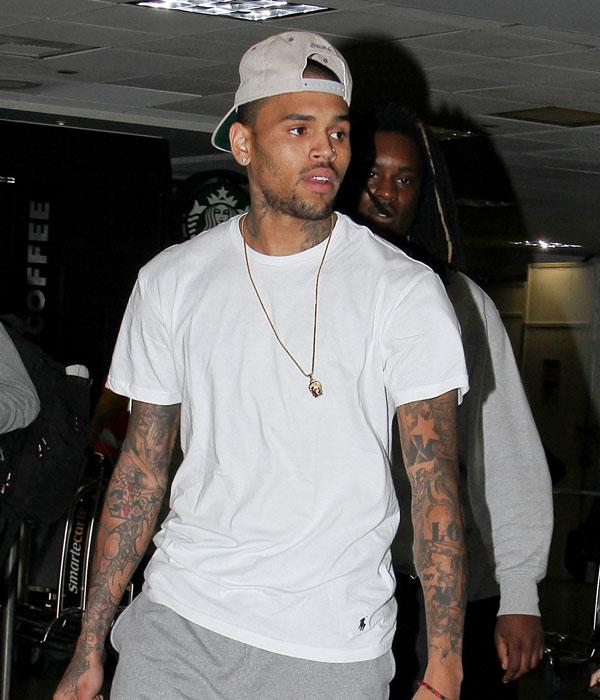
Moreover, the comparison between Chris Brown and figures like Dr. Dre, as Suge Knight pointed out, raises questions about societal norms, accountability, and the power structures within the entertainment industry. This comparison suggests a double standard in how allegations of violence are treated, depending on the individual’s status and societal perceptions at the time.
Public Opinion and Personal Reckoning
The conversation around Chris Brown reflects a broader societal debate on forgiveness, accountability, and the possibility of redemption. It’s a dialogue that extends beyond Brown, touching on how society navigates the turbulent waters between condemning unacceptable behavior and celebrating artistic genius. This discourse isn’t just about Brown but about the values we uphold and the behaviors we’re willing to overlook in the name of talent.
As the discussion unfolds, it’s clear that public opinion is far from unanimous. The court of social media, with its myriad voices and perspectives, continues to grapple with these questions, reflecting a society in flux. The discourse around Chris Brown, then, is more than just about an individual; it’s a mirror reflecting our collective struggles with the complexities of human behavior, talent, and the quest for redemption.

